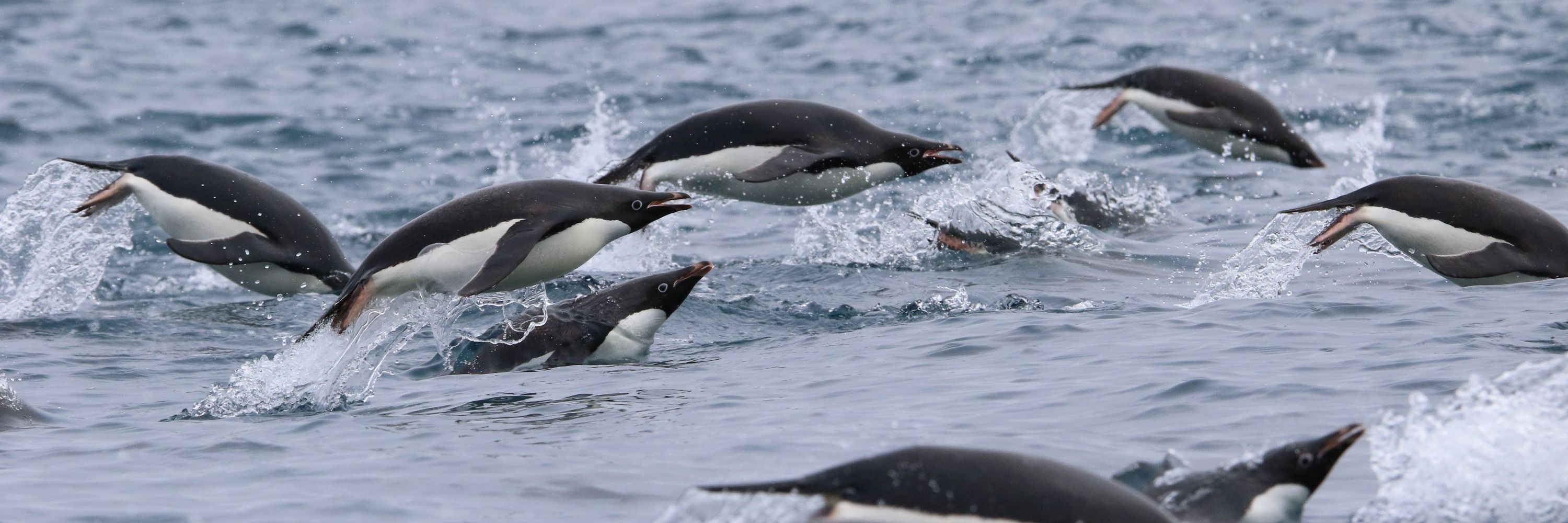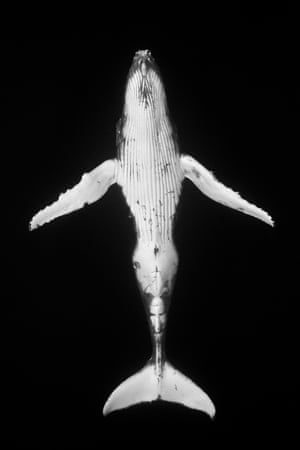Dr Michelle LaRue
@drmichellelarue.bsky.social
17K followers
990 following
1.2K posts
Antarctic wildlife ecologist, Rutherford Discovery Fellow, Assoc Prof UCNZ, speaker, children’s book author
@natgeo Secrets of the Penguins
drmichellelarue.com
Posts
Media
Videos
Starter Packs
Reposted by Dr Michelle LaRue
Reposted by Dr Michelle LaRue
Reposted by Dr Michelle LaRue










